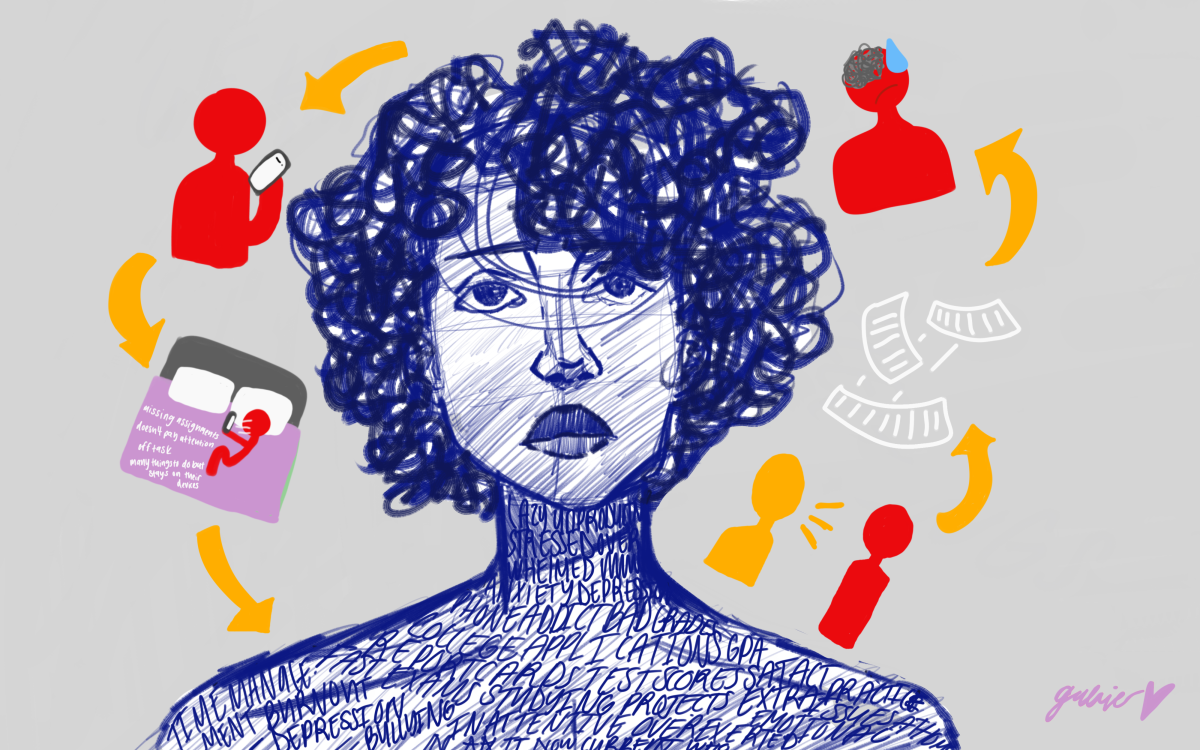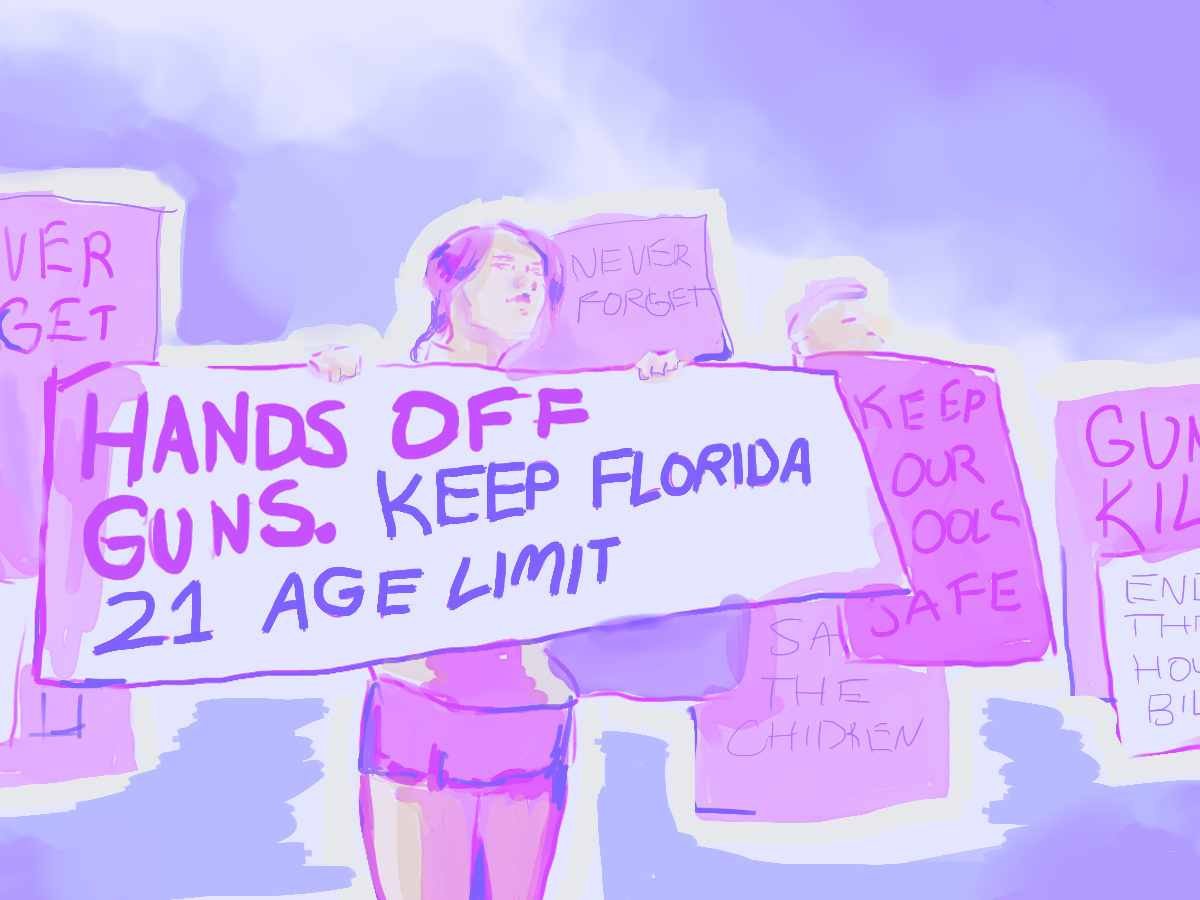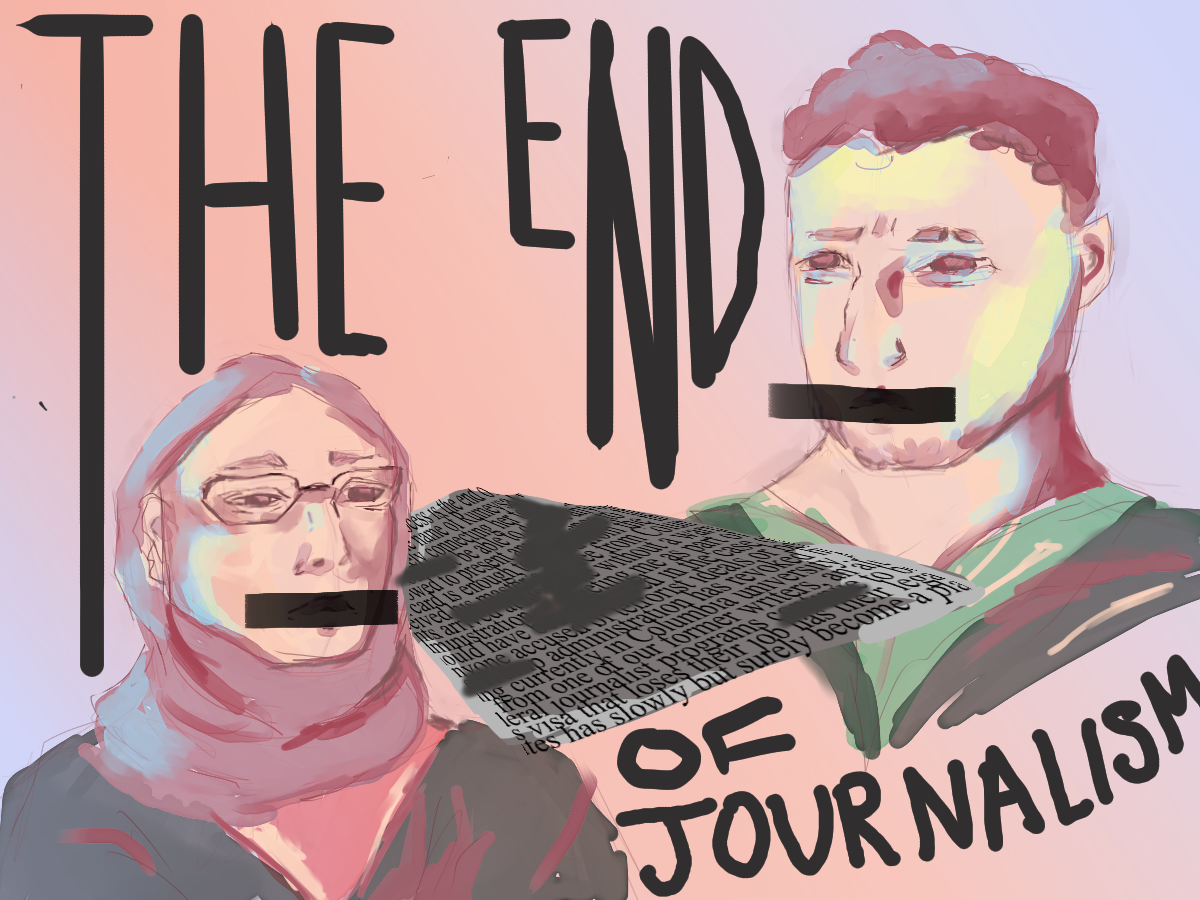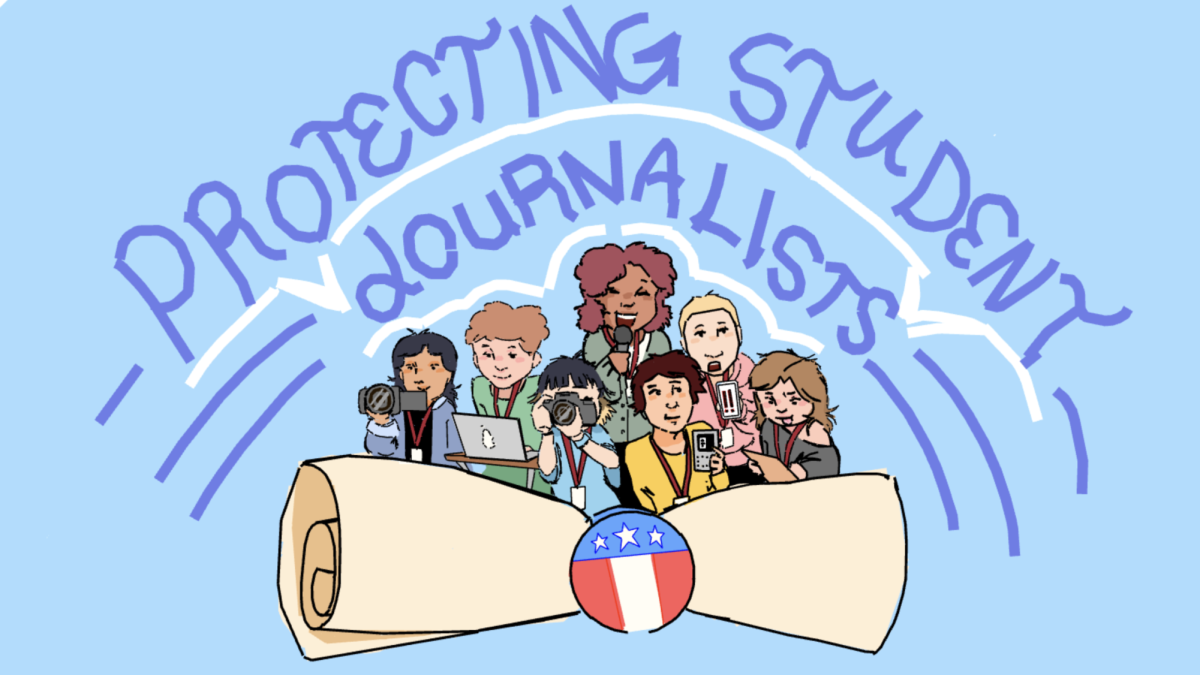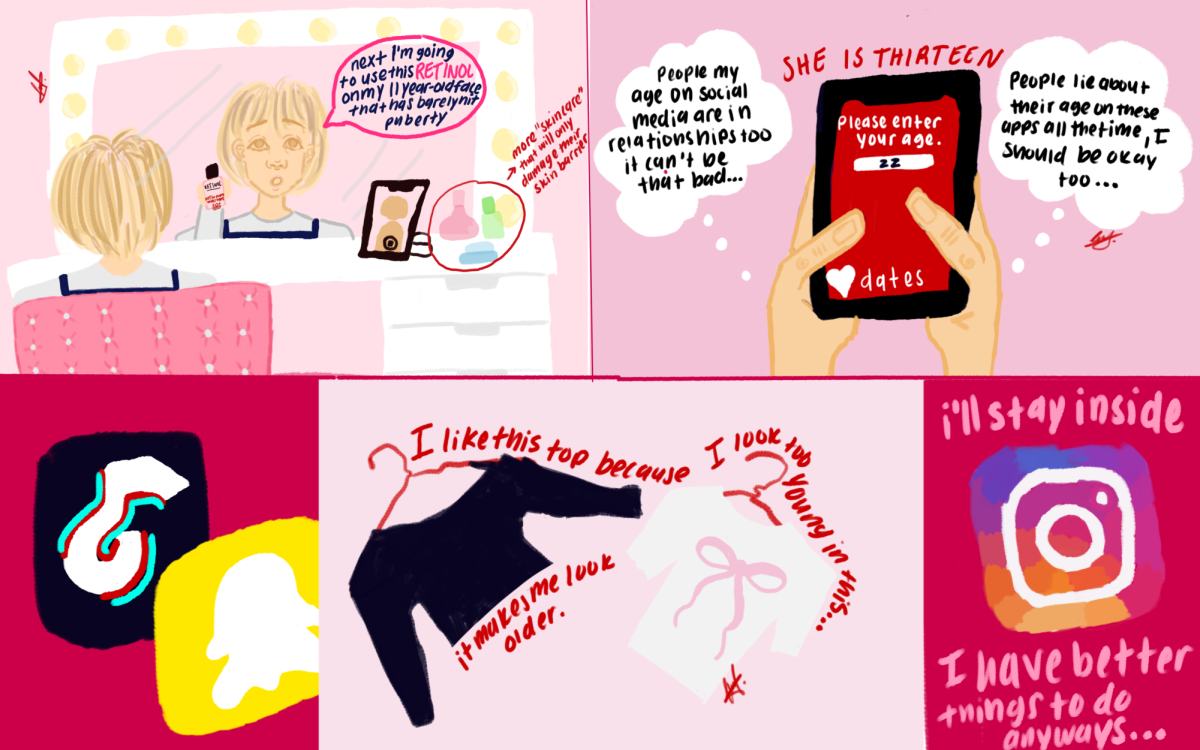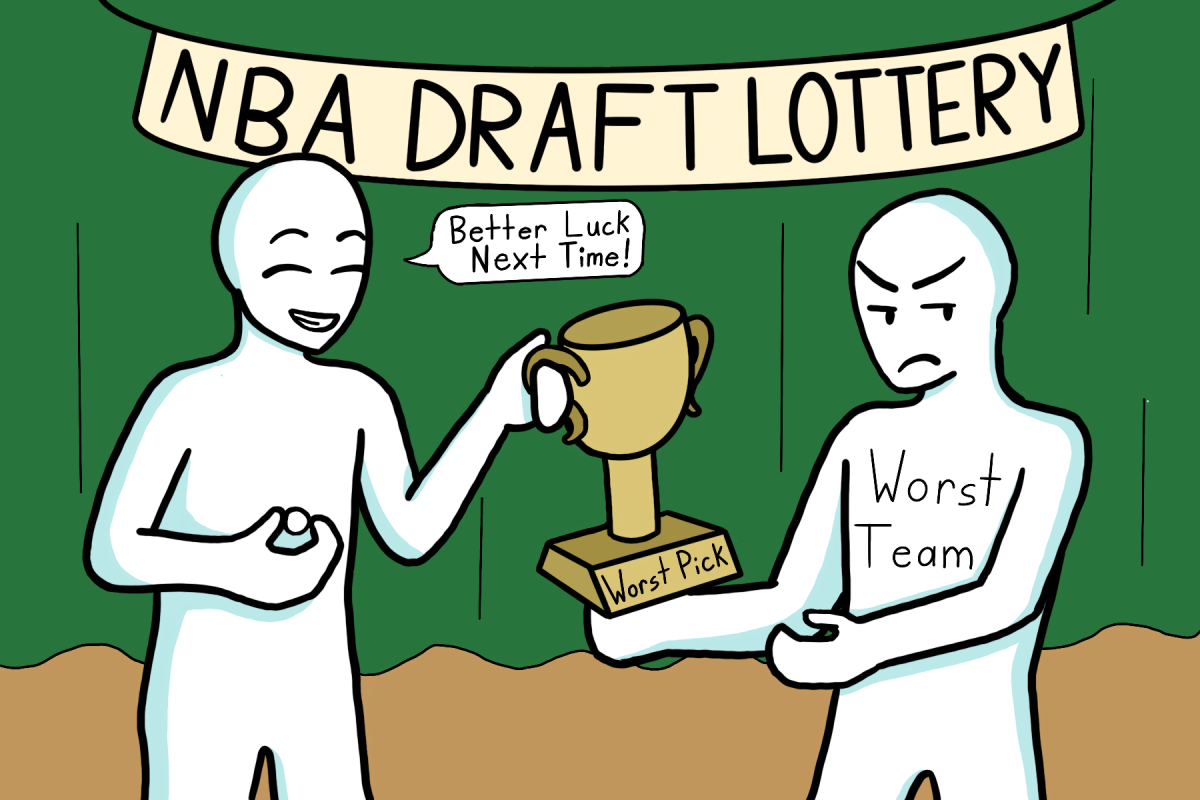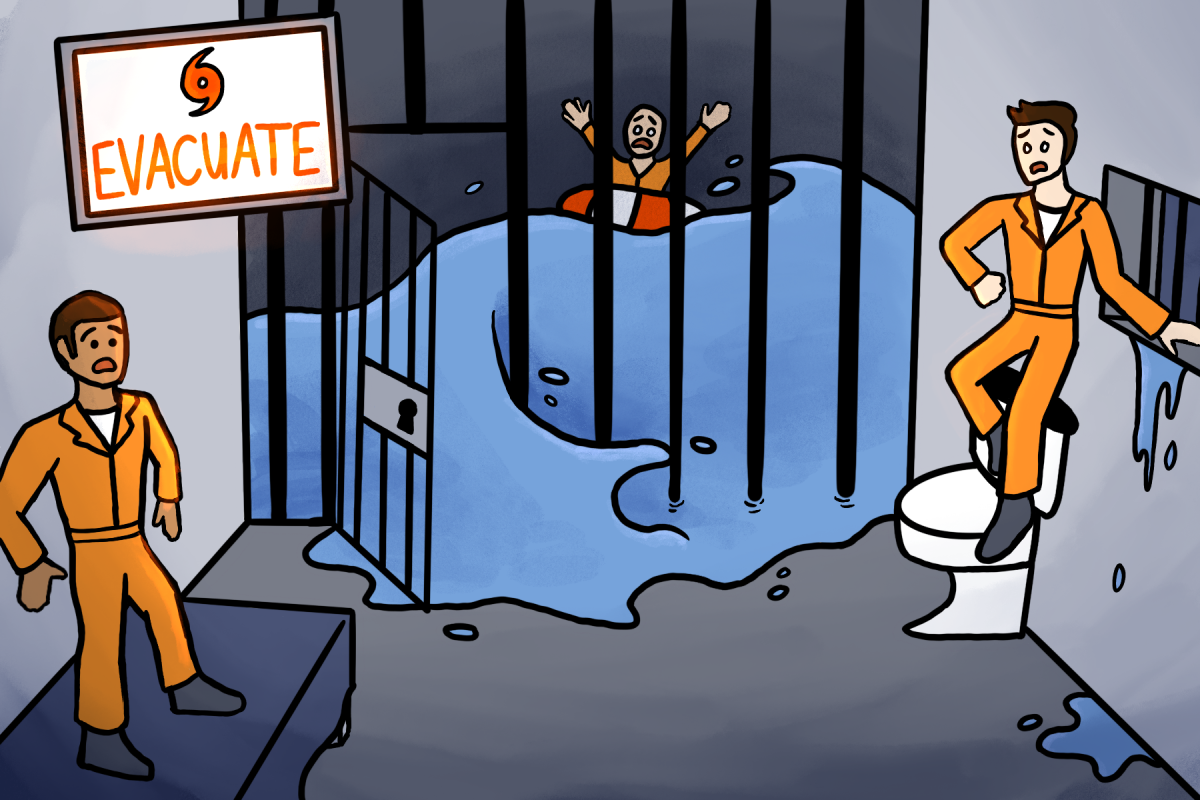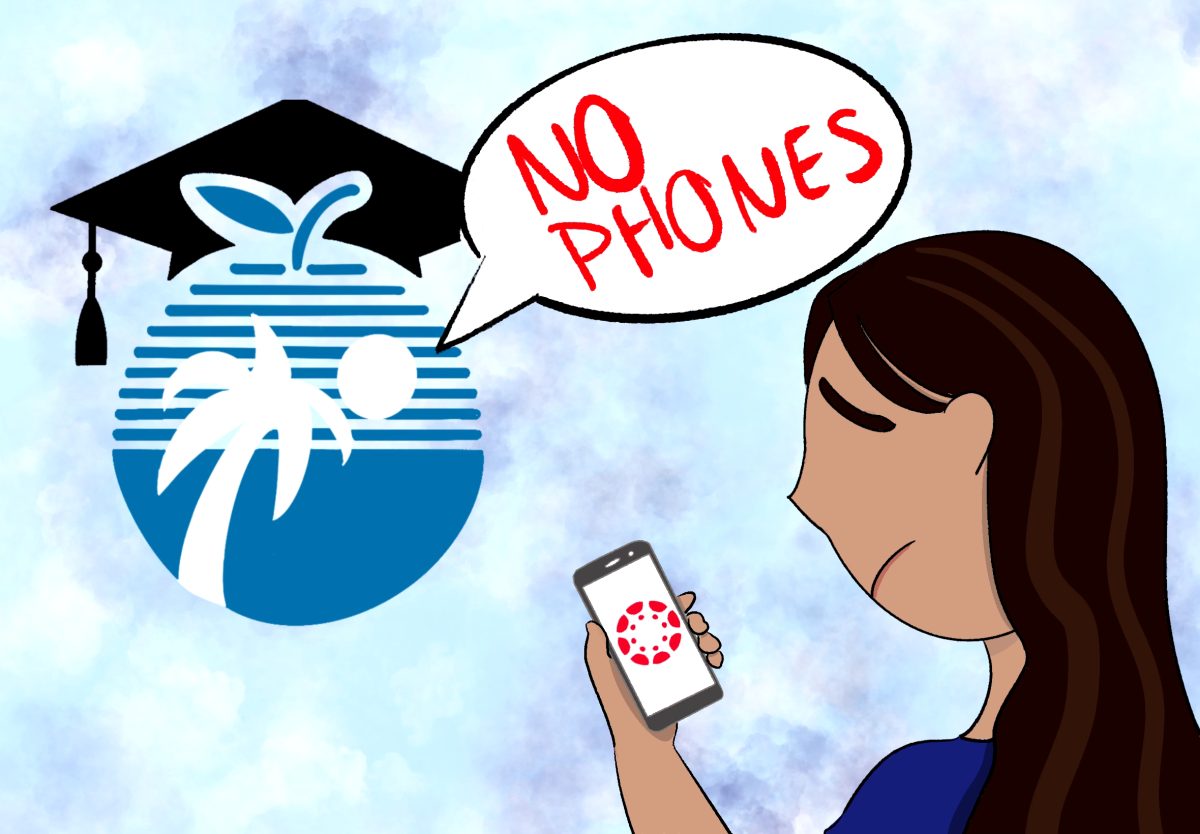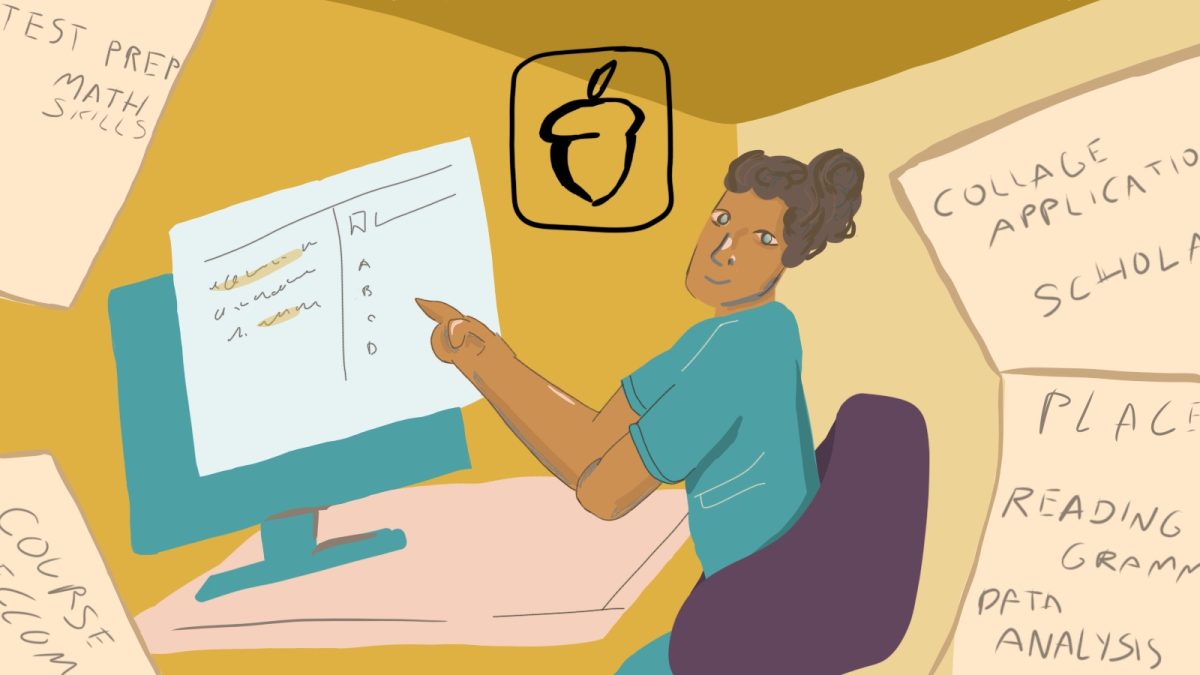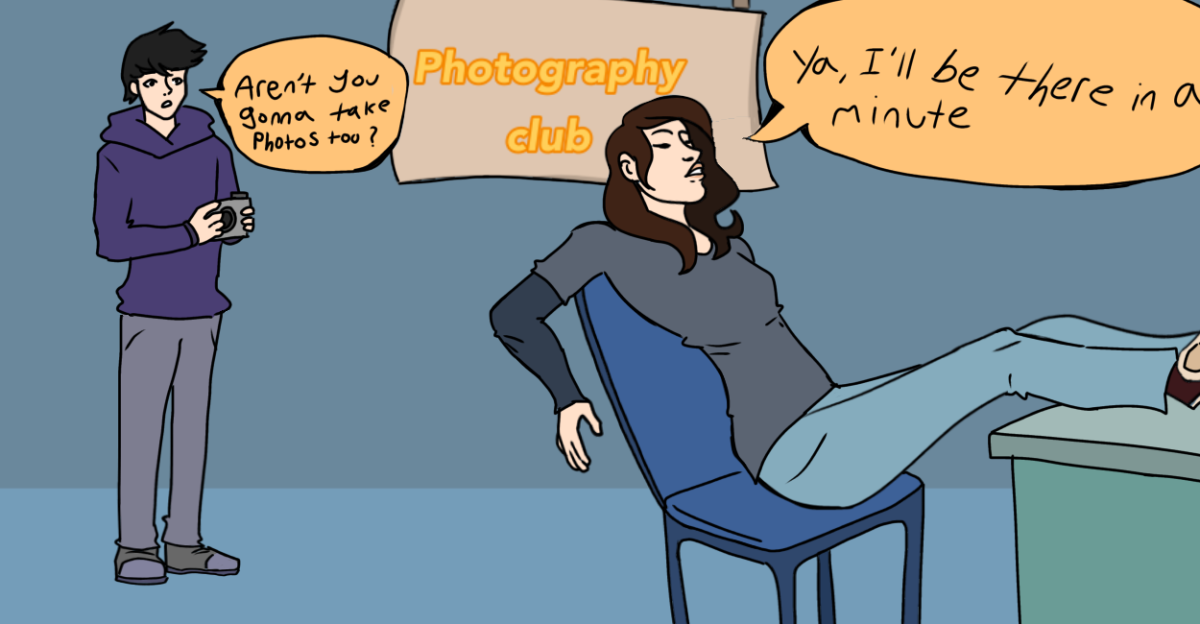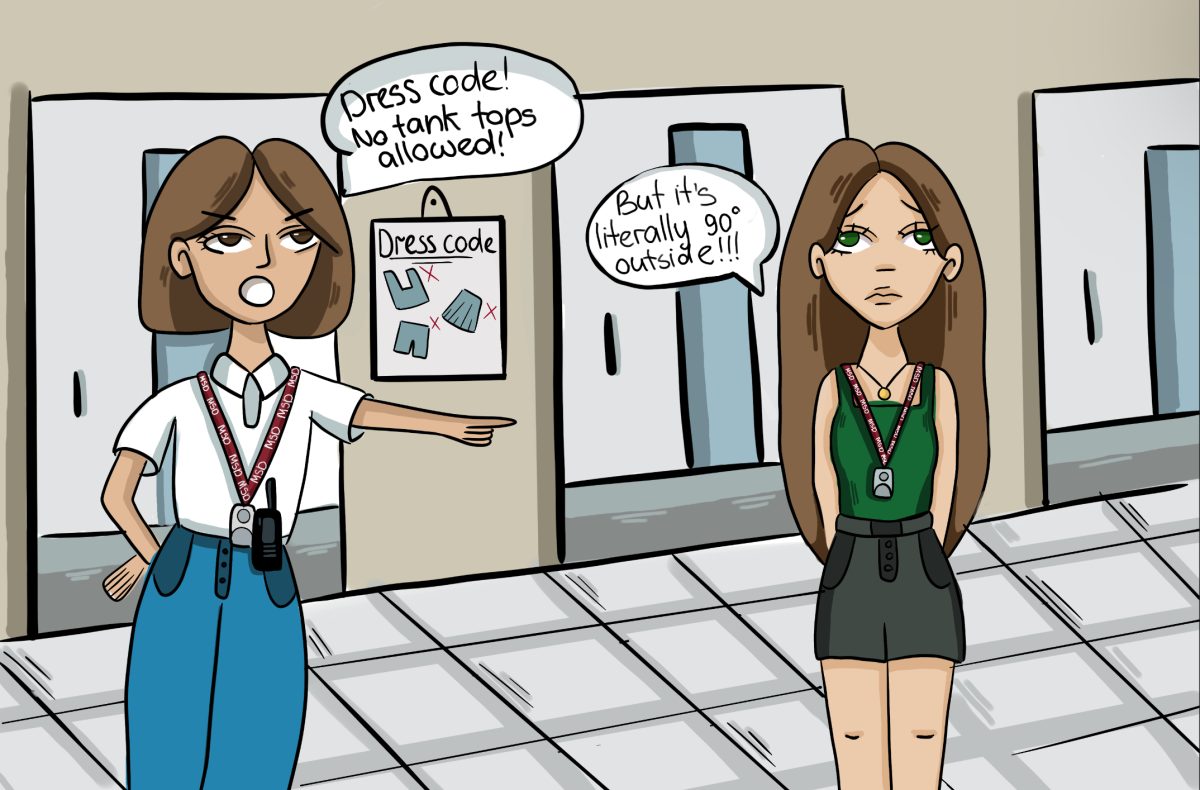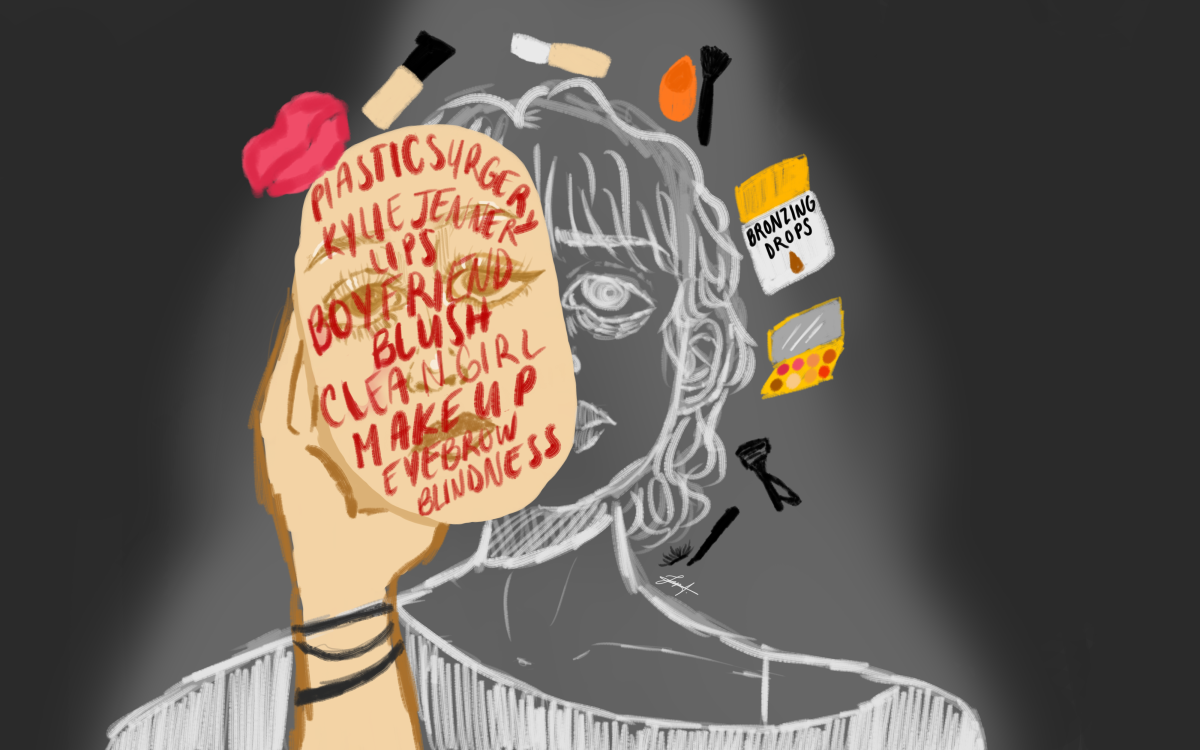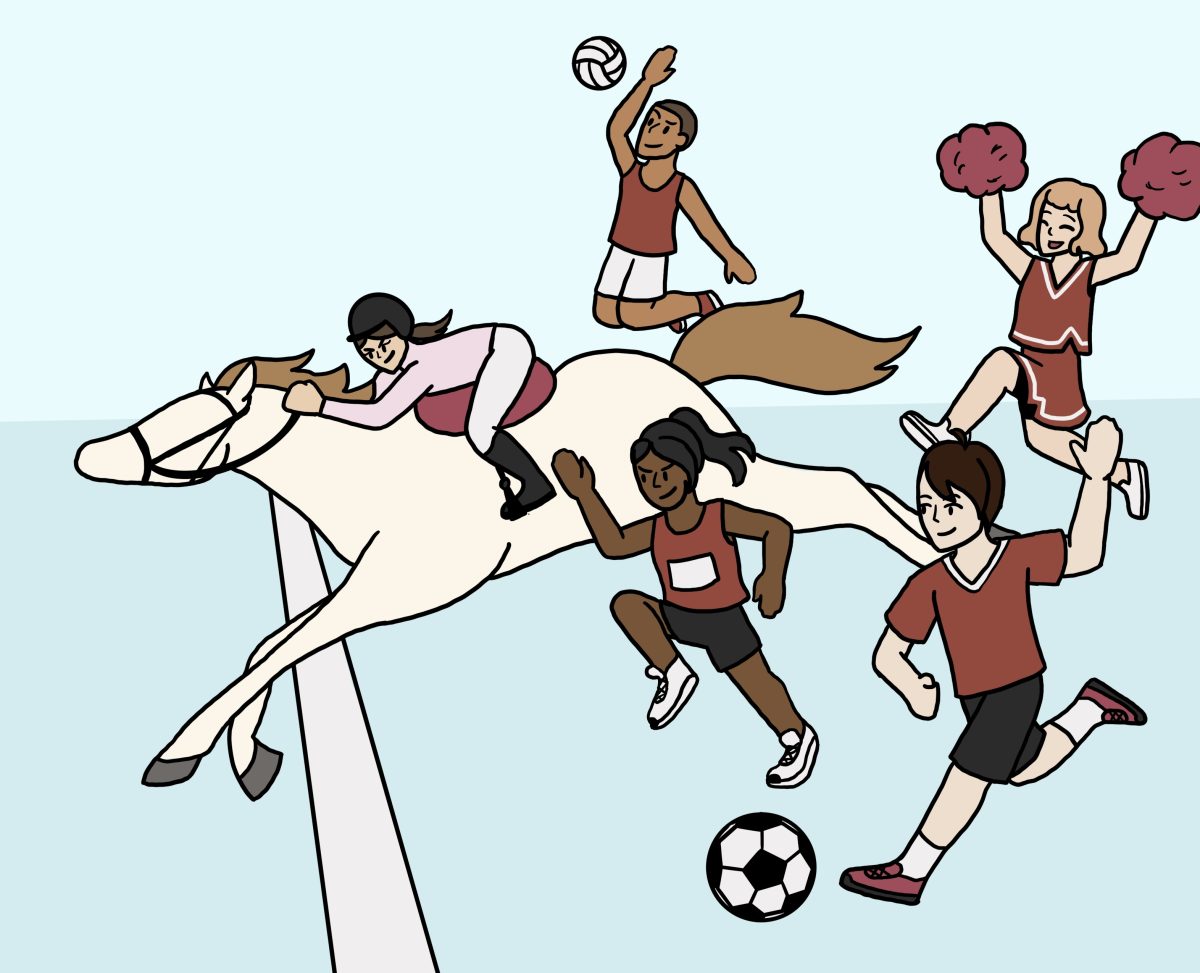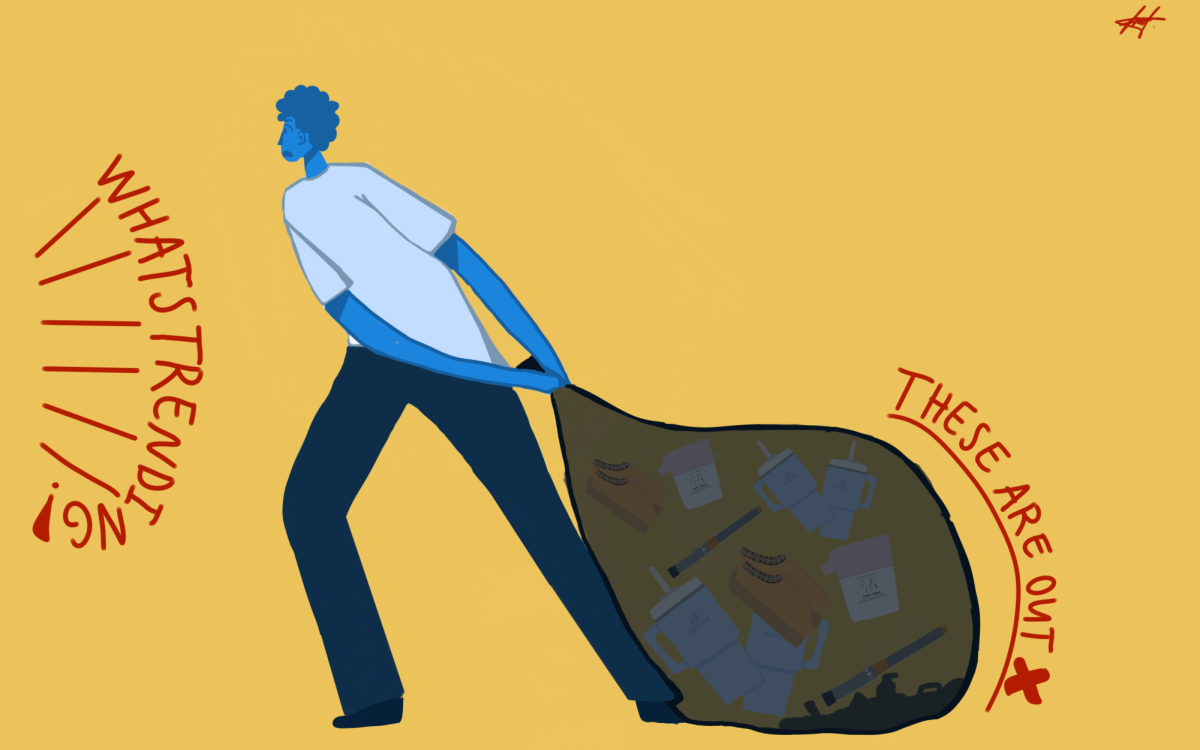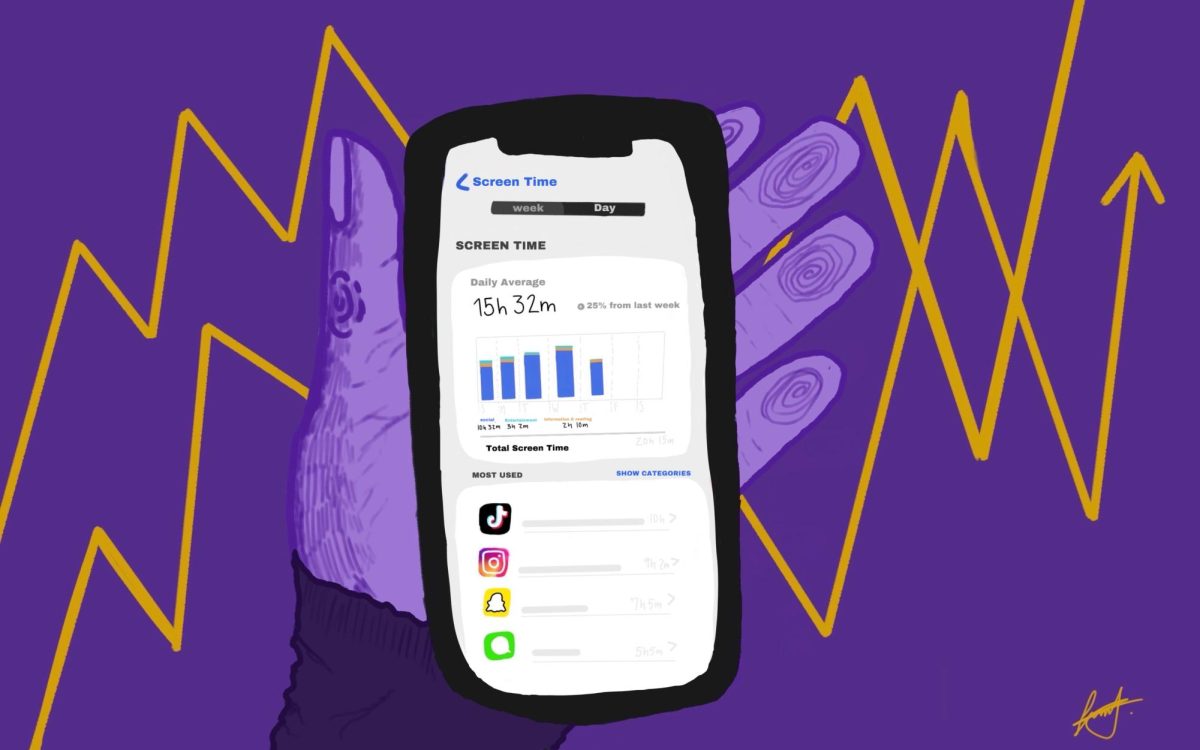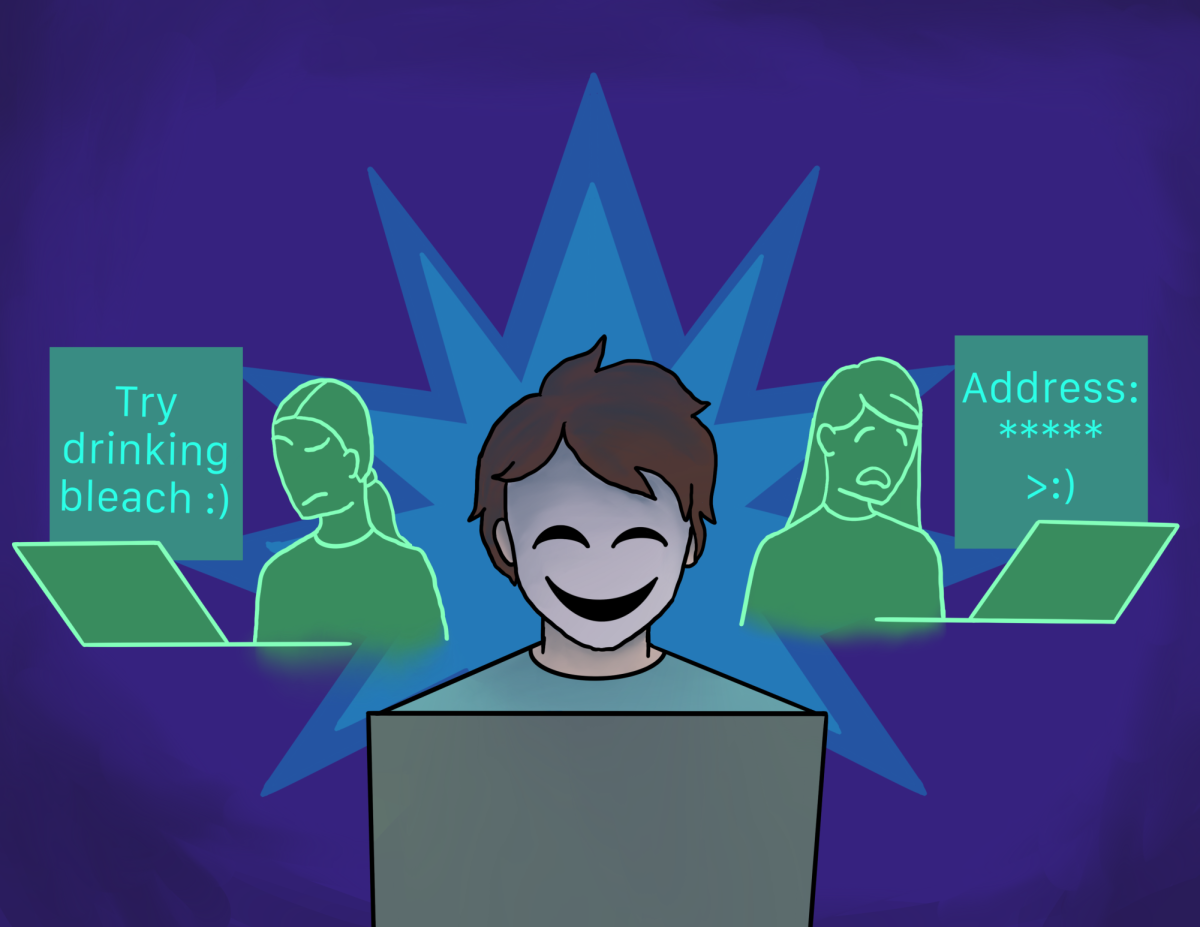A teen walks home from school and trudges up the stairs, completely drained. He crawls into bed and hears his mom walk in. “You’re so lazy; you never do anything,” his mom says as she forces him to get up. Anger and frustration consume him. Lazy, moody, rebellious and phone addicts are some of the most common stereotypes of modern teens. These stereotypes are harmful for teenagers’ self-esteem.
The illusory truth effect states that when a person hears something about themselves over and over again, they will start to believe it. This is because humans have limited mental energy and rely on shortcuts, known as heuristics, to make sense of the world. Heuristics can lead us to make errors in our discernment.
Teenagers who hear loaded language about themselves will start to not only believe it but may even internalize it as well. Internalizing something means making something a part of one’s character through unconscious absorption. For example, a teen who is constantly told that they do not care about family obligations is more likely to start ignoring their family obligations.
When teenagers start internalizing stereotypes about themselves, it lowers their self-esteem. Stereotypes about how irrational they are or how overly emotional they are could make them feel unlovable or deeply flawed. If a teen begins to believe that negative stereotypes are true, “self-concurrence” occurs. Self-concurrence is a causal relationship between one’s mental illness and stereotype obligations and it leads to internalized shame and thus lowered self-esteem.
Stereotyping teenagers and ruining their self-esteem can directly influence their behavior as well. In a three-year study by the National Library of Medicine, researchers found that pushing negative cliches, such as “all teenagers ignore family obligations,” onto teens predicts their future risk-taking as well as neurological changes impacting their self-regulation. If these teens had not heard negative cliches about themselves, they would not have developed issues with risk-taking or self-regulation.
In year one, researchers surveyed 22 seventh-graders on their conceptions of adolescent behavior by asking whether statements such as “care little about fulfilling family obligations” and “work hard to meet parents’ expectations” were more, less or equally true about teenagers as compared to younger children. Researchers found that teens who endorsed negative stereotypes of adolescence participated in more risk-taking behaviors, such as hanging out with the wrong crowds, during the transition from middle school to high school. This indicates a self-fulfilling prophecy.
Oftentimes, the very behaviors that grant teenagers these unfair labels are representative of an underlying mental health disorder. For example, social withdrawal, oversleeping and tearfulness can all be indicative of depression. Classifying symptoms of mental health as difficult behaviors contributes to the stigma mental health already carries and will only add to their already negative emotions.
Teens are at a time in their lives when they need compassion the most. Teens cope with peer pressure, bullying, stress and academic struggles every day. Adolescents who are figuring out their identities or how to find a good school-life balance do not need to hear that they are too moody or lazy.
Teens thrive when the people around them maintain a practical and reasonable attitude about adolescence. Those who see the best in them and hold them to be their very best selves, meaning they actively reject mistaken ideas about teens.
Negative stereotypes about teenagers are completely invalid. For example, the stereotype that all teenagers are “lazy” does not apply to those who work part-time jobs or care for their siblings at home. Stereotypes such as this one are pointless and insulting to the adolescents who are working hard every single day.
Also, the stereotype that all teenagers oversleep is misleading because they are at a vital stage of growth and development. They need more sleep than the average adult in order to develop normally. A natural shift in adolescents’ internal clocks called “sleep phase delay” delays their need to sleep at night from around 8:00 or 9:00 p.m. to around 10:00 or 11:00 p.m., which causes them to sleep in as well.
Teens would largely benefit from conversations about what behaviors they need to change, as opposed to rash stereotypes about their faults. Adults should address them with what they have done wrong, why it was wrong and how they should change in the future. This approach is what will stick with them and help them tackle these issues in the long run.

